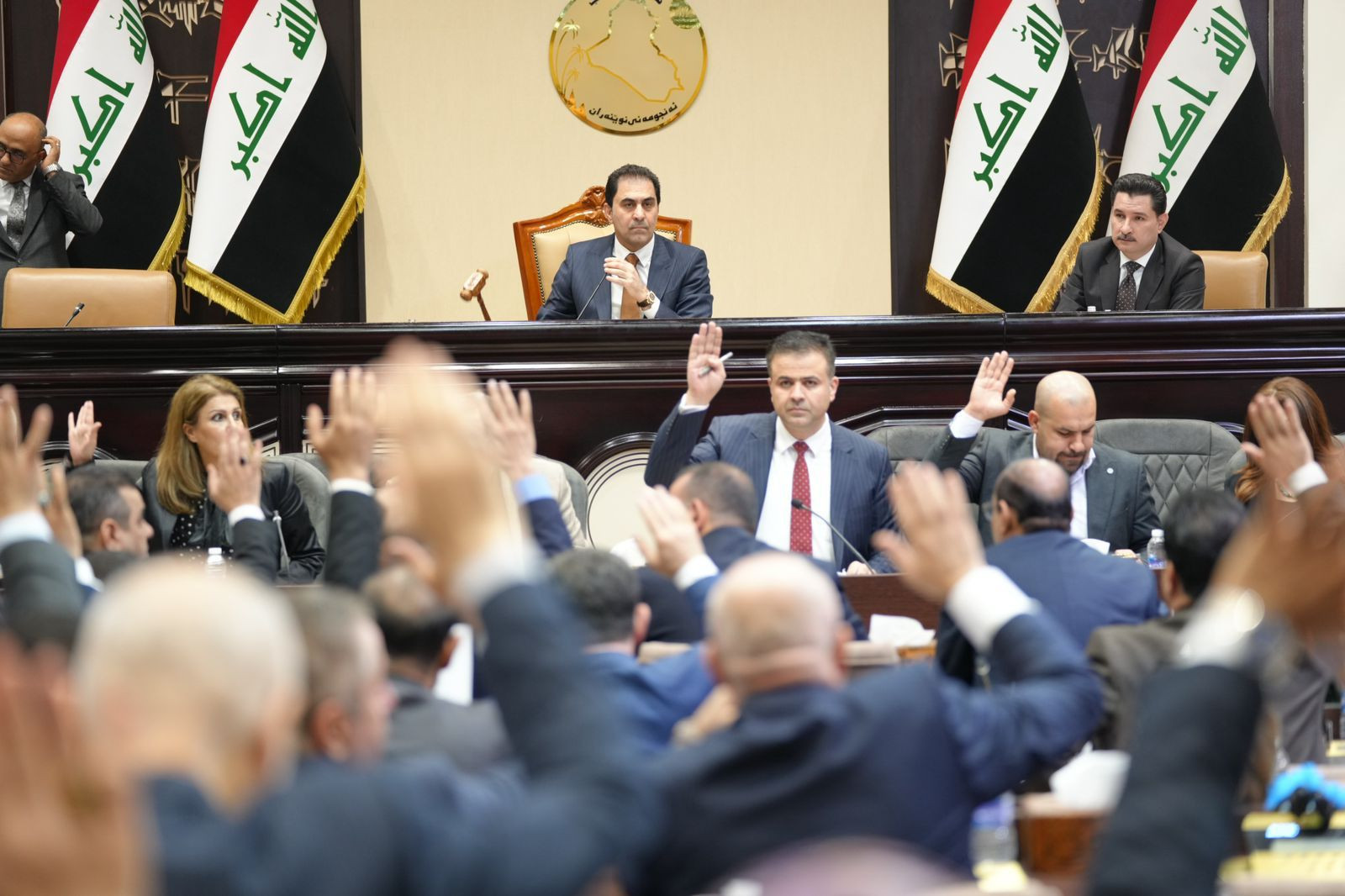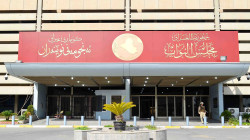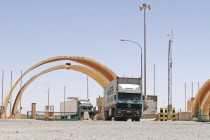Iraqi lawmakers seek to end privileges granted to Jordan

Shafaq News/ Iraqi lawmakers are pushing to revoke a series of economic privileges granted to Jordan, including discounted oil prices and tax exemptions, amid growing tensions between the two countries.
The Iraqi Parliament’s deputy speaker, Muhsen al-Mandalawi, has agreed to add a draft law proposing the cancellation of these privileges to the agenda of the next parliamentary session, according to independent Lawmaker Hadi al-Salami.
Al-Salami told Shafaq News Agency that Iraq has been providing many forms of support to Jordan, including selling oil at a discounted price of $16 per barrel. "The parliament is determined to cancel all these privileges and use the difference in oil prices and taxes to strengthen the Iraqi state's financial revenues," he said.
The lawmaker added that this move is in response to Jordan's stance on the recent conflicts in Gaza and Lebanon.
Saud al-Saadi, head of the Parliamentary Huqooq Bloc, echoed these sentiments, directing a series of parliamentary questions to the Prime Minister and the Ministers of Oil and Finance regarding the preferential treatment given to Jordan in terms of oil prices and customs exemptions.
"We question the constitutionality of this government measure, which causes intentional harm to the Iraqi treasury," al-Saadi said in a statement. He also demanded unveiling the total quantity of discounted Iraqi oil exported to Jordan since 2018 and the entity responsible for setting those prices.
The lawmaker called on the government to "state the economic benefits that Iraq and its people will gain from such memorandums of understanding."
Al-Saadi also cast doubts on the legal basis for exempting Jordan from customs duties on goods entering Iraq. He urged the Ministry of Finance to disclose the total amount of tax exemptions granted to Jordan since 2018.
Friendly relations between Amman and Baghdad under former Iraqi leader Saddam Hussein (1979-2003)—including preferential energy and trade deals—soured after the 2003 US-led invasion of Iraq. In a 2006 accord, seen by observers as an attempt to mend ties, Iraq agreed to supply Jordan with approximately 10,000 barrels of crude per day, or 10% of its oil needs, at a discounted rate. However, the scheme has suffered from frequent interruptions, and most recently expired this month.
The Hashemite kingdom is a long-standing ally of the United States, and has observed a peace treaty with Israel—Iran's arch-rival—for three decades. These ties have put Jordan in the crosshairs of Iran-aligned Resistance groups in Iraq who have sought to pressure Amman over its perceived tacit support for Tel Aviv’s war effort.
On January 28 this year, a lethal drone strike hit a joint Jordanian-US military base known as Tower 22 in the kingdom’s north-east. The strike on the secretive site, reportedly utilized by American troops for operations in Syria, resulted in three US military fatalities and 40 wounded personnel. Responsibility for the attack was claimed by a new entity calling itself the "Islamic Resistance in Iraq," believed to gather several Iran-backed Shiite armed groups.
In early February, only days after the Tower 22 incident, independent MP Mustafa Jabar Sanad—seen as close to Iraqi Resistance groups—gathered 50 signatures from fellow lawmakers to halt the deal's renewal. The parliamentarian justified the move by claiming that Amman had participated in Washington's retaliatory strikes in Iraqi territory for the January 28 attack in Jordan.
While Sanad's campaign lost momentum, Jordan's downing of Iranian Unmanned Aerial Vehicles (UAVs) over its territory during Tehran's Apr. 14 attack on Israel revived efforts in Baghdad to undermine oil trade with Amman.
The following month, Jordanian authorities seized a weapons cache that they claimed had been smuggled into the country via Syria.
Some Iraqi politicians are concerned that increased integration between Amman and Baghdad could lead to Iraq's de facto economic normalization with Israel. Jordan serves as the sole conduit for the land bridge that ties the United Arab Emirates (UAE) with Israel, a project reportedly run by the Israeli company Trucknet.





